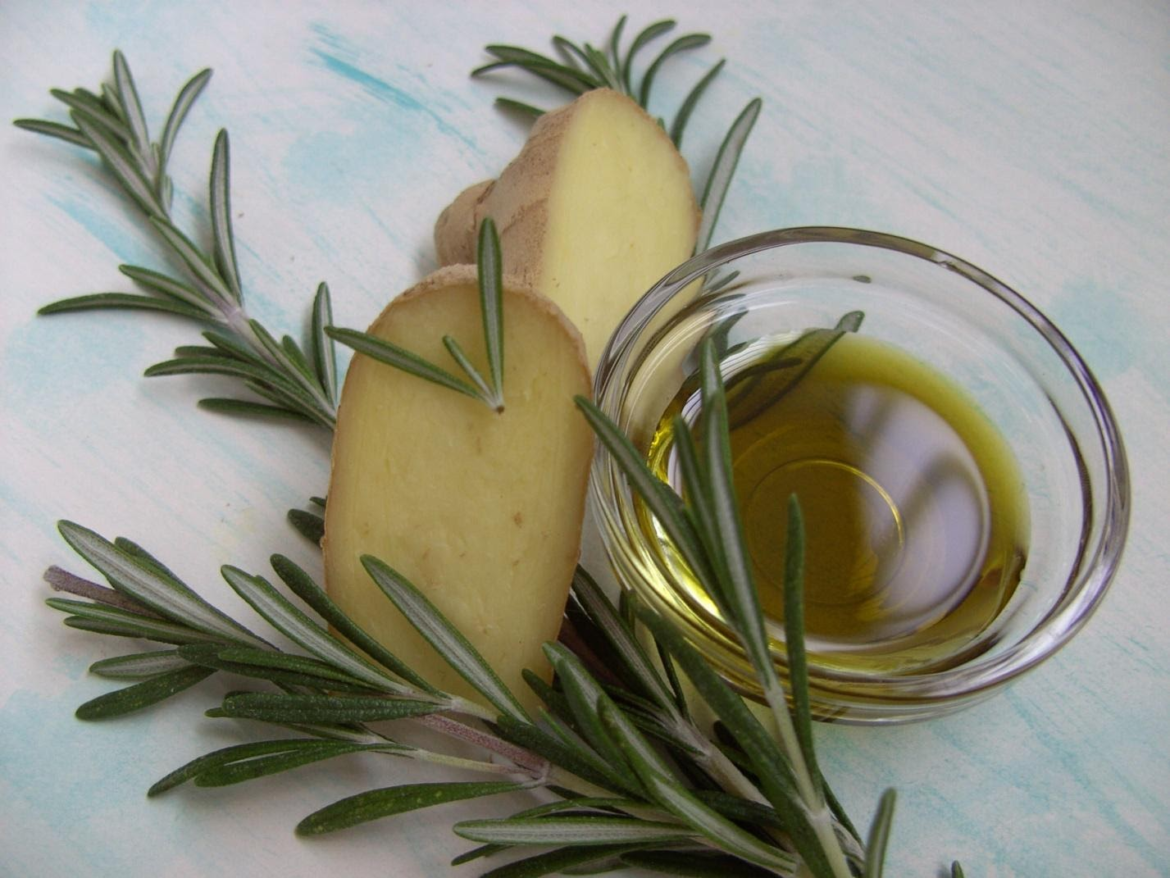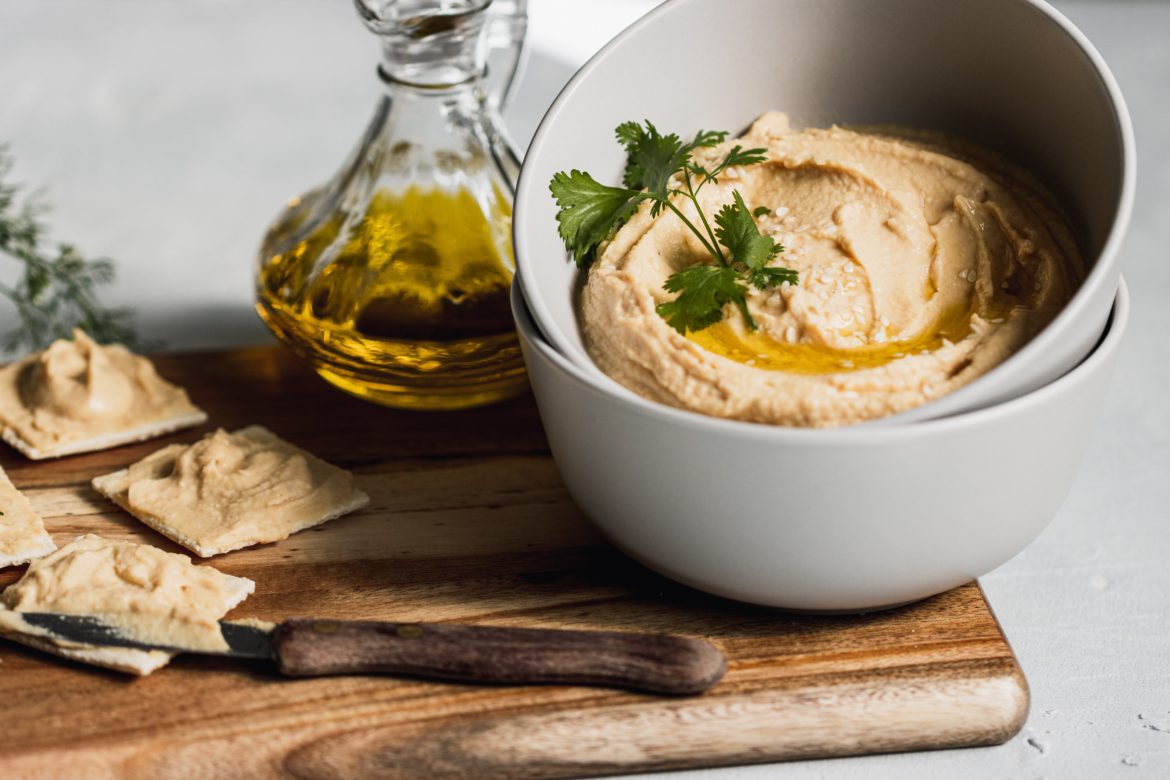Staying Healthy During the Pandemic – A Comprehensive Guide
The covid-19 pandemic has already lasted longer than anyone anticipated. While the governments and scientists are doing their best to take the world back to the old normal, some research suggests that the pandemic can continue for another year or so. As much as all humans are always capable of adjusting to new environments as evolutionary organisms, the pandemic has brought many uncertainties that have made focusing on health a little challenging.
However, it’s important to stay hopeful. In fact, staying hopeful and active and eating healthy is all it takes for anyone to not let the pandemic get to them. Therefore, we have expanded on these three important actions and compiled a comprehensive guide on staying healthy during the pandemic for our readers to help them get through these challenging times. Let’s begin:
Tips for Eating Healthy During the Pandemic
Healthy eating habits alone can work wonders for most people in their pursuit of staying healthy during the pandemic. Medicine men from the past used to believe that gut and mind are related and that whatever one eats directly impacts their mind and mental health. While we now know that there isn’t a direct connection between the mind and gut, we also know that the whole body is interconnected and that what one eats affects one’s overall health.
However, we recommend staying away from guides that tell you what to eat and what not to eat. Every individual’s body is different and can have slightly different needs than others. Moreover, people can have food allergies or reactions and availability or accessibility issues that can make it very difficult to have one guide for all of humanity.
Eating healthy is more a habit than a task. Here are five tips that you can apply to adopt healthy eating habits no matter your individual dietary needs:
Avoid Overeating
It is very easy to keep on snacking when one is at home all day. Eating out of boredom is common among people. Portion sizes can also increase when one has all the time to eat, putting one on the road to obesity without realizing it. Due to the extensive availability of time and inaccessibility to food outlets during the pandemic, many people also picked up cooking and baking, which massively increased the portion sizes available to them. The US is already infamous for its serving size. There’s no need to add to them.
Include Fruits and Vegetables
Fruits and vegetables don’t only contain fewer calories. They also contain several essential vitamins and minerals needed for a healthy, functional body. Swapping bread and rice with vegetarian options such as potatoes and cauliflower rice will keep meals filling, adding nutrients to them. Fruits make a great addition to any breakfast too. You can also swap processed snacks with fresh fruits or vegetables with yogurt dip.
Get Fresh Produce
Swapping fresh produce with canned produce is an easy method of staying healthy during the pandemic. If you can, try to get your weekly produce from the farmers’ market or directly from the farms. Fresh produce has a higher nutritional value than canned or dried produce. As fresh produce doesn’t last as long either, you will be motivated to consume it before it goes bad.
Turn Cooking into an Activity
The problems of boredom eating and eating junk food can both be resolved with this one habit. It will build up your cooking skills and limit fats, cheese, salt, and MSG in your food. It will also limit the portion size and let you spend time on something that will benefit your health.
Add Some Nuts
Nuts, dried fruits, and edible seeds work great as healthy and filling snacks. They are natural and much healthier than processed snacks, which carry high quantities of salt. You can also add nuts, dried fruits, and seeds to your breakfast bowls or desserts for some extra healthy crunch.
Tips for Staying Active During the Pandemic
People struggled to stay active before the covid-19 pandemic too, so it’s no surprise that fitness took a backseat for many when they weren’t allowed to gather together and motivate each other for it. Many others also find it difficult to work on their own or inside the home. Living in lockdown and being barred from seeing others also made several people not care about how they looked.
However, fitness and looks aren’t as deeply connected as many people. While it’s true that fitness makes one appear more attractive, it is more about one’s health than their appearance. Good physical health also helps with keeping mental health in check. It also directly improves vital bodily functions and lowers the risk of getting sick.
While it may be difficult for you to stick to an exercise routine in the pandemic, staying active in your day-to-day life can help you stay fit too. No matter your lifestyle and daily activities, the following five tips can help you stay active:
Take Kids to a Park
Taking kids to a park will allow everyone in the house to get away from the screens for a while and breathe some fresh air. If you don’t have kids, you can take your pet or just yourself to the park too. Think of it as an end-of-the-day break. Before the covid-19 pandemic, everyone would stay out most days and feel relieved to come home in the evening. Similarly, after working and studying all day inside the home, you can breathe some fresh outside air by going out. Ask a friend or neighbor to join you to fulfill your social needs too.
There are many ways to get some movement once you’re outside. You can choose to walk to the park if it’s not too far. You can also ask a friend or a neighbor to tag along and catch up on life with them while strolling or walking. Doing some yoga and light stretching in the park will also help you freshen up.
Go Out for Groceries
Going out for groceries is the easiest way to fit some movement into your weekly routine. If you live in a suburban or partially sub-urban area, you can take a walk to and from the nearest grocery store every week. If you like walking through the neighborhood, you can also divide your grocery trip into two or three grocery trips. Your body will be getting some much-needed movement, and your kitchen will always be stocked with fresh produce.
Take Active Breaks
Sitting in one place and working in front of a screen all day can get exhausting. You can break away from the screen and take an active break every hour. You can do some light stretching or indoor walking for a few minutes before getting back to the desk and continuing work.
Taking an active break every hour for a few minutes can do wonders for your physical and mental health. It will keep your mind fresh, and your body won’t develop issues like back pain or numbness of limbs.
Complete Chores Once a Day
Doing chores around the house is the most productive way of staying healthy during the pandemic. You will not only be moving around the house and adding to your daily footsteps, but you will be getting things done around the house too.
Set a fixed time for yourself to complete all chores around the house once every day. This fixed time can be early morning before you begin your professional work or studies, in the evening, or at night after completing it. Just ensure that you can focus fully on the tasks at hand while doing them.
You can get various chores around the house done at this time, such as washing dishes, folding laundry, putting a new load in laundry, picking up dirty dishes from around the house, sorting clothes placed outside, organizing your desk, organizing the home, watering plants, emptying grocery bags and stocking pantry, cutting up vegetables to be used the next or same day, vacuuming or dusting up your place, and cleaning all the surfaces. You won’t have all the chores every day, so you can make a list of three to five things that need to be done according to your home’s needs and then do one extra task each day.
You can put up your favorite playlist, a podcast, or an audiobook while you complete these tasks to help your mind wind down from the day. Once you’re done with all the chores, your home will look perfect, and you wouldn’t mind spending time in there.
Dance for Fun
Dancing is a great activity that can help you unwind, move your body, and be happy. After getting done with your daily work, you can play your favorite music and dance to its tune. If you are shy, you can dance alone in your room. Otherwise, you can include kids and elders in the house in this activity. You can dance however you please. If you don’t know any moves, you can check out choreography videos on YouTube on several songs.
Tips for Staying Motivated During the Pandemic
The uncertainties during the pandemic have led to many people developing fear and anxiety about the future. People forget that the future has always been and will always be unknown and uncertain. Our plans during the pre-covid-19 pandemic were halted by things other than a global lockdown and didn’t always work out either.
Life, everywhere, will always be imperfect. Humanity has lived through several pandemics and worldwide wars, yet it continues to survive and thrive. Let’s look at the three tips that will let you survive and thrive the current pandemic:
Build a routine
The global lockdown to contain the pandemic disturbed people’s routines and their lives greatly. The majority of the world’s population, including people of all ages, had a defined routine before the covid-19 pandemic. Most woke up in the early hours of the morning, got dressed, got breakfast, and stepped out of the house to go to their schools or jobs. After school and job, they had various activities that they kept themselves occupied with at home or outside. A lot of people traveled long distances throughout the day too.
However, when coronavirus spread worldwide and people had to stay home to keep themselves safe, almost all of their routines got greatly disturbed. People didn’t only have to stay home; they had to find ways of getting things done while staying home. Much everyday life became too dangerous or inaccessible in the lockdown, and people began overworking in hopes of making up for the affected economy. But as things calmed down, everyone realized that things would either go back to normal sooner or later or that humanity would find a new normal together. Either way, things will work out.
You can also make things work out for yourself by building a routine as you had one in the pre-covid-19 days. While it can be difficult to stick to a routine when you can do anything anytime you want in your home, building a routine is the best way to bring discipline and calmness into your life
Self-Care
Self-care has become more important than ever. People are finding unique ways to relax and take care of themselves. From ten-step Korean beauty routines to formulating personal products using essential oils, everything is trending these days. Creating some me-time every night and practicing some self-care will help you positively unwind the day. It will also let you practice much-needed self-love.
Feel and Communicate
Snubbing your feelings will only accumulate them under pressure until you cannot snub them anymore. Emotional bursts outs can be ugly and unhealthy. They can damage one’s mental health and also their relationships. Fear and anxiety of the future are completely valid, and so are feelings of loneliness. You can find various ways to manage your emotions. If you find it difficult to manage them yourself, please don’t hesitate to reach out for some professional help.
Feeling and processing your feelings can greatly help you manage them. You will also be able to communicate them to your loved ones, who can help strengthen your relationships.
Finally, remember not to be tough on yourself. The times are already tough. You’re only a human, and you’re not alone in your struggles through this global pandemic. Reach out to people with kindness, and you’ll be amazed to see how bravely everyone is struggling, just as they’ll be amazed by your strength. Together, it can be a little easier.




